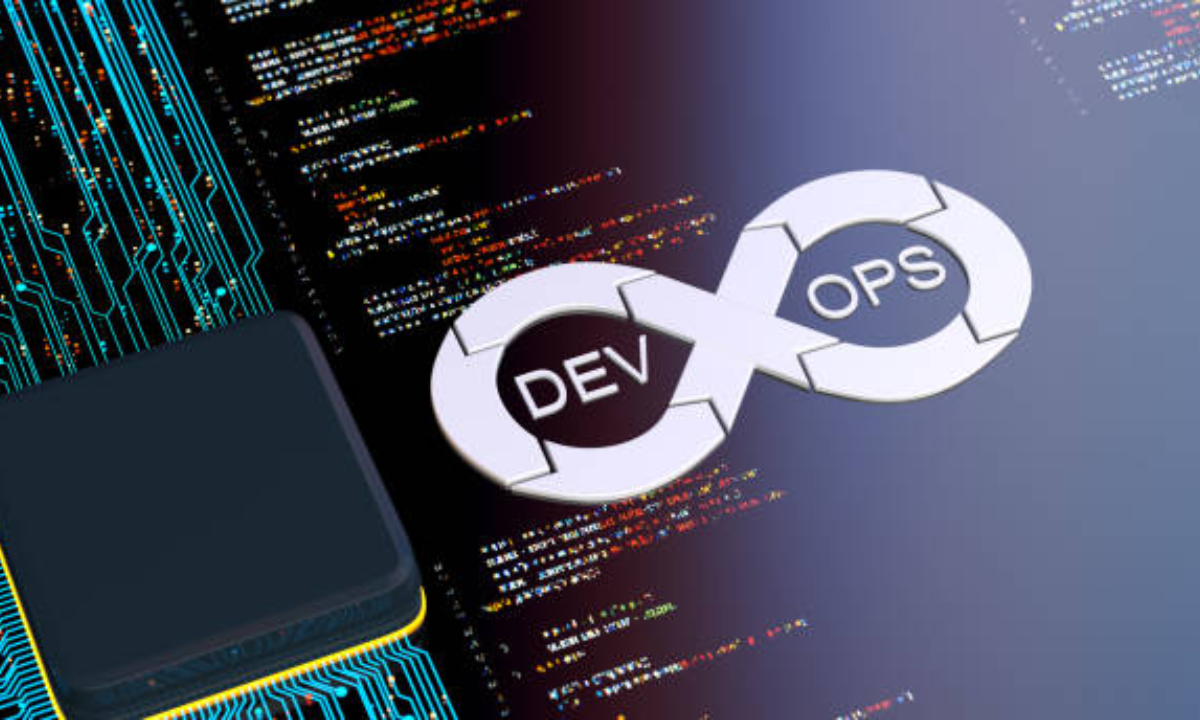Table of contents
|
1. What is DevOps, and its significance? |
|
2. Important DevOps Tools that are covered in a DevOps Course
|
|
3. Fitment of these Tools in DevOps Engineer Skills |
|
4. Advantages of Training DevOps Tools in a Proper Structured DevOps Course |
|
5. Summing Up: Start Your DevOps Journey |
DevOps has become a disruptive force in the hardware and software development realms as well as IT operations. Businesses are adopting this strategy to deliver faster, guarantee improved collaboration, and enhance productivity. In case you have thought of making your career in that domain, a course in DevOps in Bangalore or any other school where you can learn these skills will make your “DevOps engineer skills” much better. Now, let us look at the best DevOps tools that you will most likely come across, and the importance of learning them.
What is DevOps, and its significance?
Before plunging into details, one should realize what DevOps means. DevOps is a fusion of software development (Dev) and IT operations (Ops). Its primary aims are to reduce the software development cycle and, at the same time, have a high level of releases. The approach is big on automation, teamwork, and cross-team collaboration.
Another large step in mastering DevOps is to get acquainted with widely used tools of dev traditionally designated by the term DevOps, which assist in various steps of software development and system management. DevOps architecture is based on these tools and courses on such knowledge, like a DevOps course in Bangalore, which introduces a practical approach to these tools.
Important DevOps Tools that are covered in a DevOps Course
1. Git and GitHub: Version control and Source code management
DevOps practices revolve around version control. Git is fast gaining acceptance as the industry standard change tracking and management tool when dealing with code. It offers branching, merging, and maintaining a history of the code modifications. In addition to Git, remote repositories, collaboration, and interconnection with numerous other so-called DevOps tools are provided by platforms such as GitHub, on top of Git.
The use of GitHub serves the needs of both the developers and operations teams since it will make it easier to share the code and synchronize all the people working on the same code and version. This is important in your learning to acquire a firm understanding of these version control tools in developing your DevOps engineer skills.
2. Jenkins: CI/CD Continuous integration and Continuous delivery (CI/CD)
Jenkins is among the most popular automation servers of DevOps. It enables the developers to automate software construction, testing, and launches. One such feature is its flexibility- Jenkins is flexible due to an extensive library of plug-ins that have enabled it to integrate with almost all major tools in the DevOps ecosystem.
Learning about Jenkins and its part in the so-called DevOps architecture, which enables teams to accelerate delivery and still not compromise quality, will be part of a DevOps course in Bangalore. Jenkins provides support in the development of lean pipelines as one of the most important DevOps skills.
3. Docker: Containerization and Consistency
The use of containers has been one of the revolutionary developments with DevOps, and when it comes to containers, no one can ever beat or match Docker. Using Docker, the environment within which an application runs is always isolated so that there is uniformity between development, testing, and production.
It is a must to study a course titled DevOps with Docker offered by Udemy, which will allow you to bundle software with its dependencies and make deployments predictable and scalable. Kubernetes, typically presented together with Docker, is used to deal with the arrangement, scaling, and organization of containers. Such technologies make the difficult task of infrastructural scaling in terms of complex barriers to the DevOps architecture much easier, as it makes the environments portable and robust.
4. Ansible: Configuration Management and Automation
It is not feasible to use manual scalable management of hundreds or thousands of servers. Enter Ansible. Ansible is a high-end open-source configuration, installation and task automation tool. With simple YAML scripts (known as playbooks), you can specify how you want your systems to appear and act.
The differentiating attribute that Ansible has compared to other so-called DevOps tools is its agentless architecture (i.e. does not need special software installed on your servers). During a “DevOps course in Bangalore”, you will acquire skills on how to write efficient playbooks, which will enhance your “DevOps engineer skills.”
5. Terraform: Infrastructure as Code (IAC)
The current DevOps trends prompt the use of infrastructure as code. Terraform enables teams to definitively declare, provision, and manage data centre infrastructure with the use of style of declaring data centre infrastructure, as well as be able to use version-controlled declarations of data centre infrastructure. Terraform allows you to automate the provisioning of servers, network gear, databases, and many other things using only one configuration file.
This is a scheme that is perfectly suited to the rest of the architecture under the construct of DevOps, in that it makes deployments more reliable, swifter, and audible. DevOps is one of the basic skills that an individual needs to master to use Terraform.
6. Prometheus and Grafana: Visualization and Monitoring
After getting your application to run, it is very important to monitor its health and performance. Prometheus is a widely known open-source monitor that gathers time-series data on the performance of your system. Grafana comes hand in hand and provides simple and beautiful dashboards to visualize metrics so as to track issues prior to users being impacted.
This tracking DevOps tools deliver insights that enable teams to be faster at addressing problems and increase reliability and user satisfaction.
Fitment of these Tools in DevOps Engineer Skills
When you have the godliness of knowing how these so-called DevOps tools operate, your chances of coming up with a successful DevOps architecture are substantiated. Modern DevOps engineers are supposed to not only code but to automate, monitor, and manage production environments. The industry skills include abilities in such tools as Git, Jenkins, Docker, Ansible, Terraform, Prometheus, and Grafana.
By taking a course in any labelled course, like a DevOps course in Bangalore or any other such holistic course, the difference between theoretical knowledge and practice is that you will be working with these technologies in actual projects.
Advantages of Training DevOps Tools in a Proper Structured DevOps Course
By following a formal method, in particular, a course such as a “DevOps course in Bangalore”, you will not forget to learn vital topics. You won't just know how to utilize what you learn, but also know why it is important. Capstone projects that involve the combination of multiple tools are a common feature of such courses, which will enable you to learn integration and how to solve real-life problems.
Besides, as you refine your “devops engineer skills”, you will get to know how to create a flexible and agile, scalable and automated “devops architecture” that will be able to fit business needs. The practical use of such DevOps with Docker and other major tools proves priceless at the job interview and work.
Summing Up: Start Your DevOps Journey
DevOps is a matter of being efficient, teamwork, and incessant strengthening. Be it a software developer intent on stretching their knowledge or a regular IT lover wishing to learn more about its functioning, studying the most popular among the so-called DevOps tools will provide an initial step to revelation.
A DevOps course in Bangalore will not only improve your technical expertise but also provide you with industry-related experience with tools such as git, Jenkins, Docker, Ansible, Terraform, Prometheus, and Grafana. Learning these tools assists you in designing superior DevOps architecture as well as preparing you to have a great career. And even as organizations automate their processes, a person who is proficient in doing DevOps with Docker and other fundamentals would be a prized asset wherever you work.
Apponix has developed a fully exhaustive DevOps course in Bangalore, which will make its students adept in core tools and processes required to be successful in the DevOps arena.





